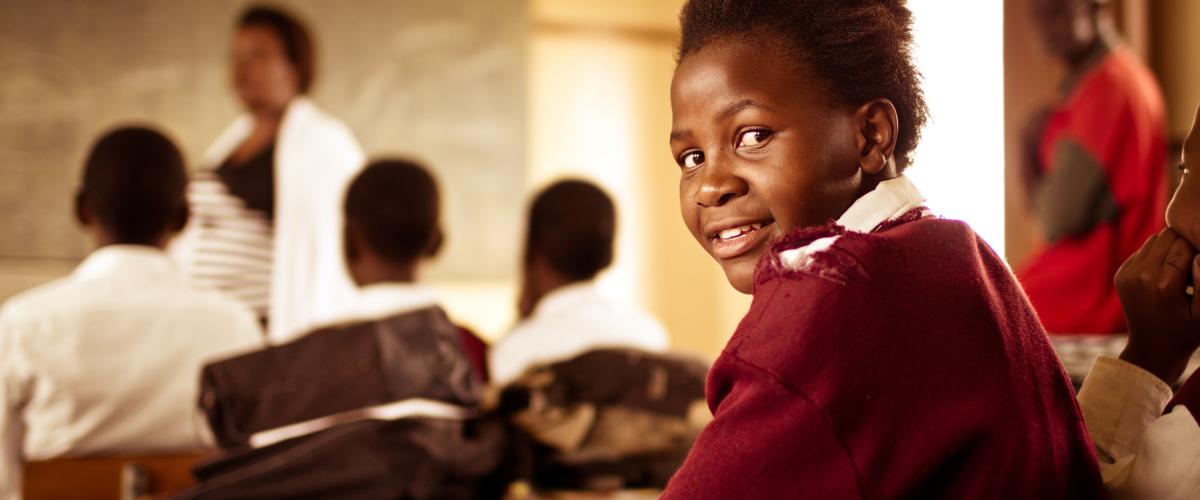For the first time in over four years, Understanding Risk (UR) saw the global UR community of disaster risk experts and practitioners come together in person to share ideas and best practices for how to create, communicate, and use risk information for a more resilient world.
In addition to the 600 attendees at the global hub in Florianópolis, Brazil, 100 attendees joined at each of the satellite events in London, United Kingdom; Wellington, New Zealand; Niamey, Niger; and Vancouver, Canada. A further 1,800 attendees joined UR22 through its online platform, bringing the total number of attendees to nearly 3,000.
In keeping with the event theme of “riding the waves of risk,” what emerged from UR22, which took place from November 28 to December 2, 2022, was a sense of renewed purpose about the need to grapple head-on with the intensifying disaster and climate risks of a multi-hazard world.
Plenary and keynote speakers set the stage for such optimism by putting the spotlight on a few of the game-changing interventions that are showing real potential to transform the way disaster risk experts and practitioners carry out their vital work around the world.
Newton Neto, Google’s Director for Global Partnerships in Latin America, highlighted a partnership between the technology giant and the government of Brazil that will leverage artificial intelligence to deliver high-quality flood forecasts, initially focusing on riverine floods.
Meanwhile, Kara Siahaan, Head of the Anticipation Hub, spoke about how an approach known as forecast-based financing is enabling the rapid mobilization of post-disaster recovery funding based on scientific forecasts of extreme weather events.
Emiliano Rodriguez Nuesch, Director at the risk communications agency Pacifico, highlighted how behavioral science is uncovering new ways of addressing the psychological barriers that often prevent local communities from being prepared for the next disaster.
The technical sessions meanwhile served as an opportunity for attendees to take a deep dive into some of the key topics in disaster risk management, including Earth observation, nature-based solutions, disaster risk finance, coastal resilience, and adaptive social protection. Attendees not only heard from leading experts on these topics, but also engaged in lively discussions with the experts and their fellow attendees.
In what has become the major spectacle of every UR global forum, UR22 showcased how the arts can play an important part in communicating risk. Attendees in Florianópolis and online were enthralled by the live acrobatic performance of the Circocan International School of Circus, which demonstrated how a risky, life-threatening situation can be managed through listening, connecting, trusting, and relying on one’s surrounding community.
If prior UR global forums are any indication, then UR22 will undoubtedly continue to inspire ideas, galvanize action, and facilitate partnerships in the UR community and beyond in the years to come. UR22 was co-organized by GFDRR, the World Bank, and the City of Florianópolis, Brazil. A biennial gathering, previous UR global events have been held in the following locations: Mexico City, Mexico; Venice, Italy; London, United Kingdom; Cape Town, South Africa; and Washington, DC, United States. Understanding Risk 2020 was held virtually because of the COVID-19 pandemic. The next UR global forum will be held in Himeji City, Japan, in June 2024.

View more results stories from fiscal year 2023 in GFDRR's Annual Report 2023.
